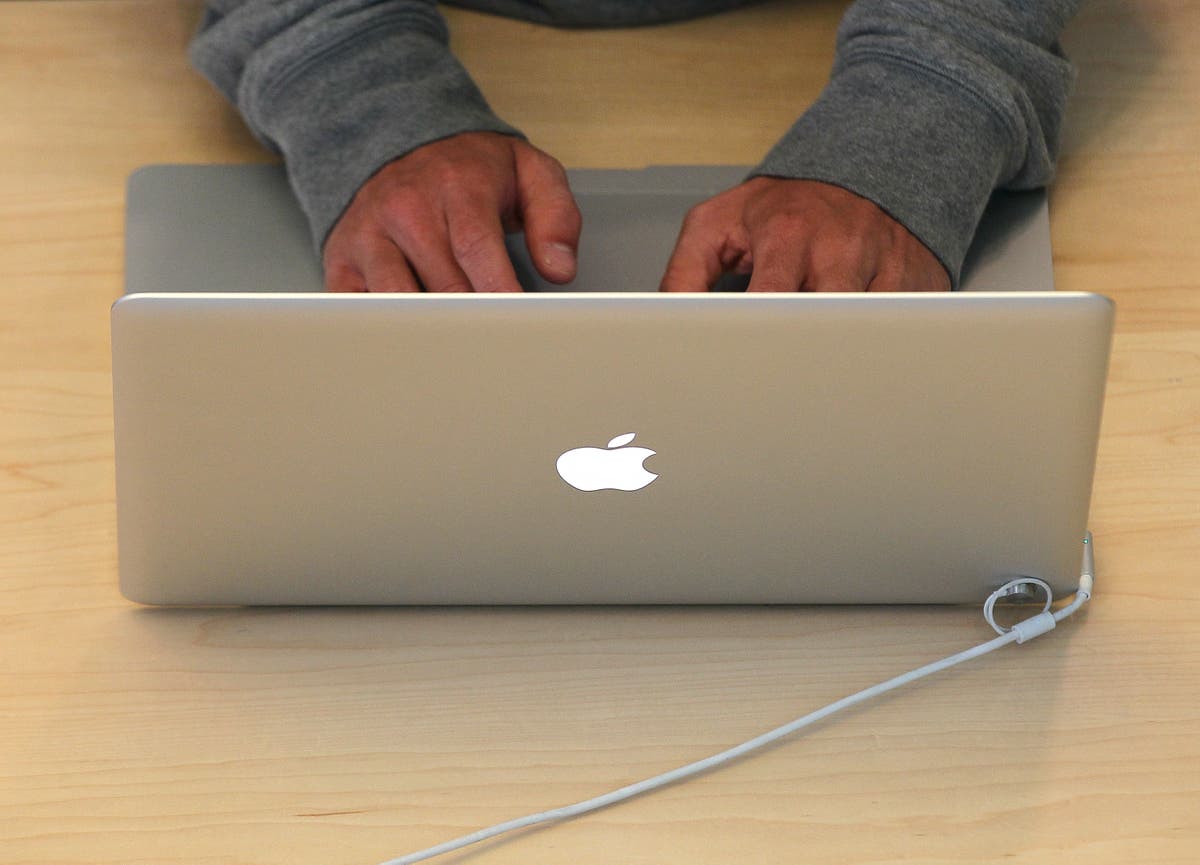Apple has released a new software update with “important security fixes” for iPhones, iPads and Macs “recommended for all users” to protect devices from cyberattacks.
The tech giant noted in an advisory on its website that the security bugs, considered “zero day” vulnerabilities, “may have been actively exploited on Intel-based Mac systems”.
These software bugs were unknown to Apple at the time they were exploited, the company said.
The fixes are available across a variety of Apple’s platforms with new updates including iOS 18.1.1, iPadOS 18.1.1, and macOS Sequoia 15.1.1.
It is not yet clear who was behind the attacks targeting Mac users, but a report by Google’s Threat Analysis Group suggests a government-backed entity may be involved.
The software bugs were found to be related to web engines WebKit and JavaScriptCore powering Apple’s Safari browser for running web content.
“Apple is aware of a report that this issue may have been actively exploited on Intel-based Mac systems,” the company said.
“This update provides important security fixes and is recommended for all users.”
Such bugs may create an opportunity for hackers to take control of devices when they encounter malicious content on the web.
“Processing maliciously crafted web content may lead to arbitrary code execution,” the tech giant warned.
These kinds of vulnerabilities have been known to be used for breaking into core computer software to enable access to private user data.
This method has been used previously by government-backed hackers to plant commercial spyware on target devices and steal or upload information.
Earlier this year, the tech giant cautioned iPhone users in nearly 100 countries, including India, about a potential new mercenary spyware attack similar to Pegasus.
Apple released the new update fixing the software vulnerabilities for macOS, iPhones, and iPads, as well as for users running older iOS17.
“The issue was addressed with improved checks,” the company said.
The latest software update could also be the last one before iOS 18.2 arrives in December, which may bring in a second wave of Apple Intelligence features.
Apple did not immediately respond to The Independent’s request for comment on Wednesday.

